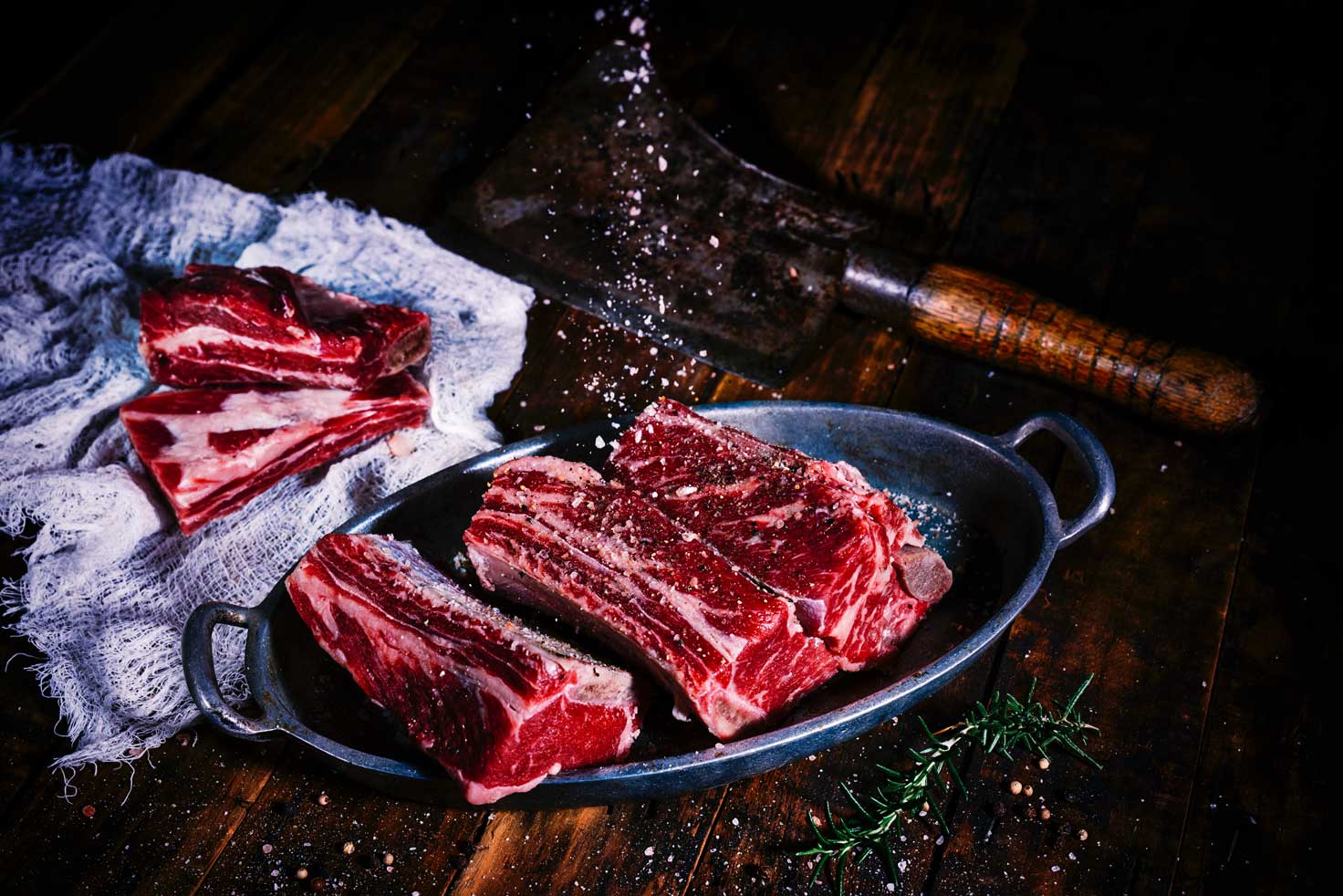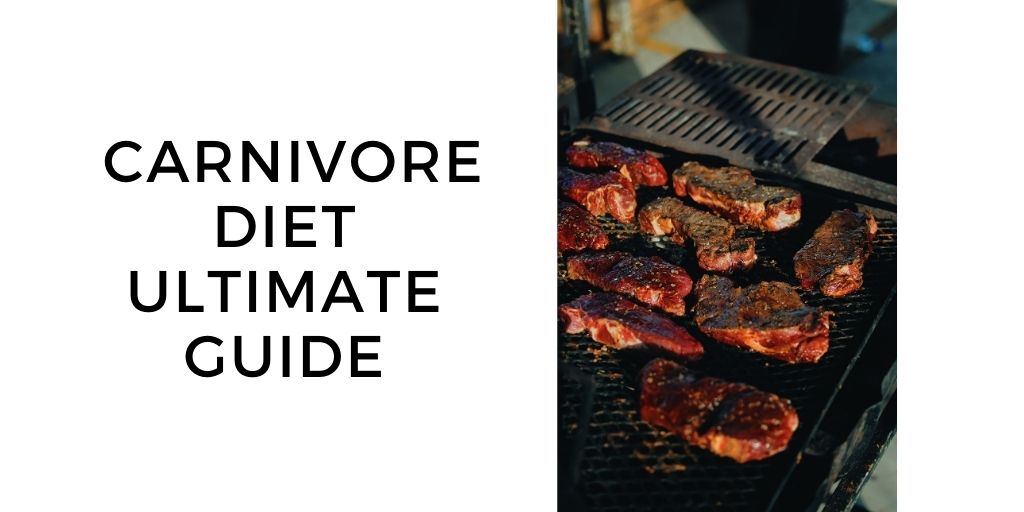The Carnivore diet emphasizes consuming animal products and excludes plant-based foods. Pros include potential weight loss while cons may include nutrient deficiencies.
Designing meal plans based on animal foods is essential for balanced nutrition and proper health. When following this diet, careful consideration of individual needs and preferences is crucial for long-term success. Adapting to a strictly animal-based diet requires planning and attention to ensure all essential nutrients are consumed.
The Carnivore diet is a controversial approach to nutrition that may have its benefits and drawbacks, making it essential to weigh the pros and cons carefully for your personal health goals.
What Is The Carnivore Diet?
|
The Carnivore Diet: A meal plan focusing exclusively on animal products. Benefits include potential weight loss and elimination of carbohydrates. Drawbacks encompass possible nutrient deficiencies and missing out on essential vitamins. Consult a healthcare professional before starting this diet. |

Credit: www.everydayhealth.com
Pros Of The Carnivore Diet
The Carnivore Diet offers several advantages, such as promoting weight loss by eliminating carbohydrates and increasing protein intake. It can also improve blood sugar control and decrease inflammation.
| Weight Loss | Increased Energy Levels | Simplicity and Convenience |
| Eating only animal products can lead to quick weight loss. | The carnivore diet may provide a boost in energy levels. | The diet is straightforward and easy to follow. |
Cons Of The Carnivore Diet
Nutrient Deficiencies: One of the main concerns with the Carnivore Diet is the potential for nutrient deficiencies. Since this diet eliminates all plant-based foods, individuals may not be getting enough vitamins, minerals, and antioxidants that are abundant in fruits, vegetables, and whole grains.
Lack of Fiber: Another potential drawback of the Carnivore Diet is the lack of fiber. Fiber is essential for maintaining a healthy digestive system and preventing constipation. Without enough fiber from plant-based foods, individuals may experience digestive issues and have an increased risk of certain diseases, such as colon cancer.
Cholesterol and Heart Health: The high intake of animal products, especially red meat, in the Carnivore Diet can lead to an increased intake of saturated fats and cholesterol. This can potentially raise blood cholesterol levels and increase the risk of heart disease and other cardiovascular problems.
Carnivore Diet Meal Plans
Variations of the Carnivore Diet: The basic carnivore diet plan typically consists of consuming only animal products such as meat, fish, and eggs. Variations may include incorporating organ meats, bone marrow, and dairy. Some individuals may also include limited amounts of non-animal products like herbs and seasonings. It’s essential to consult a healthcare professional before starting the carnivore diet to ensure it aligns with individual health needs. While the diet can lead to potential weight loss and improved digestion for some, there are concerns about the long-term impact on overall health due to the exclusion of plant-based foods and potential nutrient deficiencies. Understanding the variations and potential drawbacks can help individuals make an informed decision about incorporating the carnivore diet into their lifestyle.
Faqs About The Carnivore Diet
Is the Carnivore Diet safe? The carnivore diet consists of consuming only animal products, including meat, fish, and some dairy products. While some people may experience short-term benefits from following this diet, it may pose potential health risks due to the lack of essential nutrients found in fruits, vegetables, and grains.
Can you build muscle on the Carnivore Diet? The diet’s high protein content may aid in muscle building, but the lack of carbohydrates and antioxidants from plant-based foods could impact overall athletic performance and recovery. Therefore, it may not be the most effective diet for those seeking to maximize muscle growth and athletic potential.
Can the Carnivore Diet be sustained long-term? Sustaining the carnivore diet long-term may prove challenging due to its restrictive nature, potential nutrient deficiencies, and the social limitations it imposes. It’s important to consider the long-term impacts on overall health and well-being before committing to this diet for an extended period.

Credit: drwillcole.com

Credit: www.fitfatherproject.com
Frequently Asked Questions For Carnivore Diet Pros Cons And Meal Plans
What Are The Negatives Of Carnivore Diet?
Negatives of carnivore diet include lack of fiber, potential nutrient deficiencies, and increased risk of heart disease.
Is Carnivore Diet Actually Healthy?
The carnivore diet can be healthy if balanced with nutrients from other sources. Consult a healthcare professional before starting.
Is A 100% Carnivore Diet Safe?
A 100% carnivore diet may not be safe as it lacks essential nutrients found in plant-based foods. Consider a balanced diet that includes a variety of foods for optimal health.
Who Should Avoid The Carnivore Diet?
The carnivore diet may not be suitable for those with certain health conditions like heart disease, kidney problems, or eating disorders. Pregnant or breastfeeding women and individuals with nutrient deficiencies should also avoid this diet. Always consult a healthcare professional before making significant dietary changes.
Conclusion
The carnivore diet offers potential benefits such as improved weight loss, increased energy levels, and simplified meal plans. However, it is important to consider the potential downsides, including nutrient deficiencies, limited food choices, and long-term health concerns. Before embarking on this extreme dietary approach, it is crucial to consult with a healthcare professional and consider individual needs and preferences.
Ultimately, finding a well-rounded approach to nutrition that includes a variety of foods may be the key to achieving long-term health and wellness.

